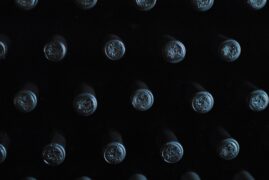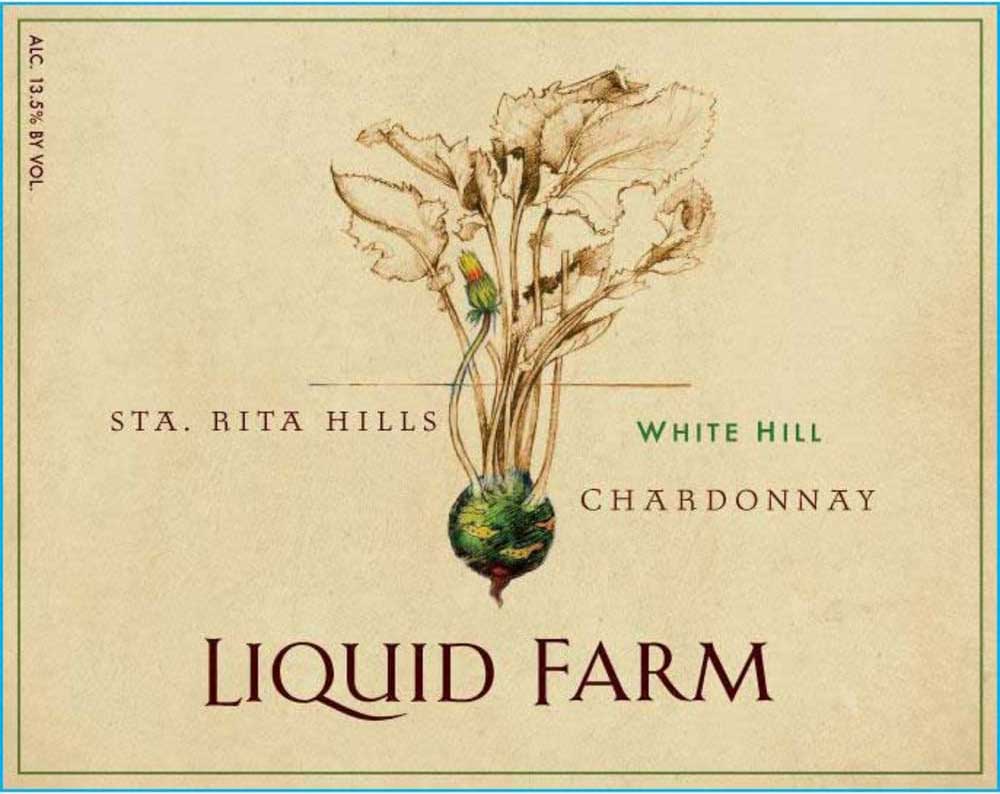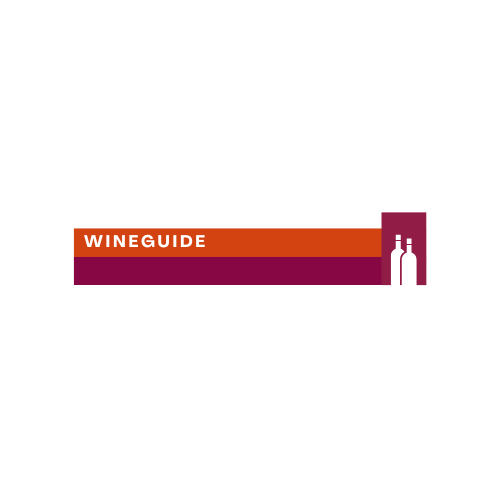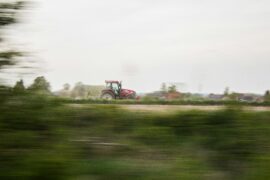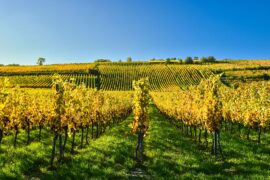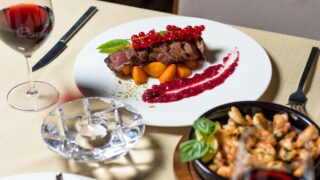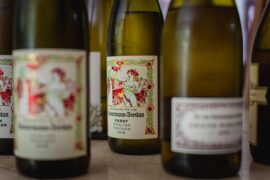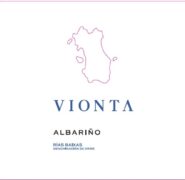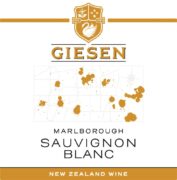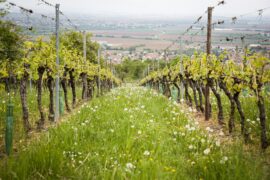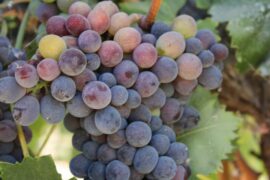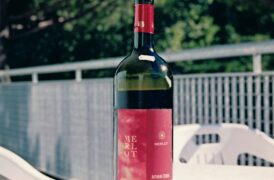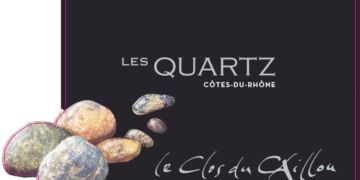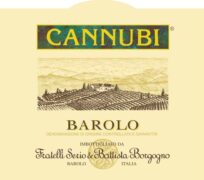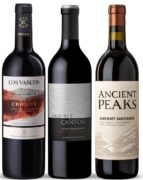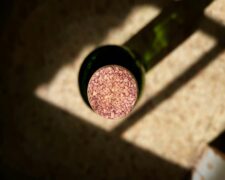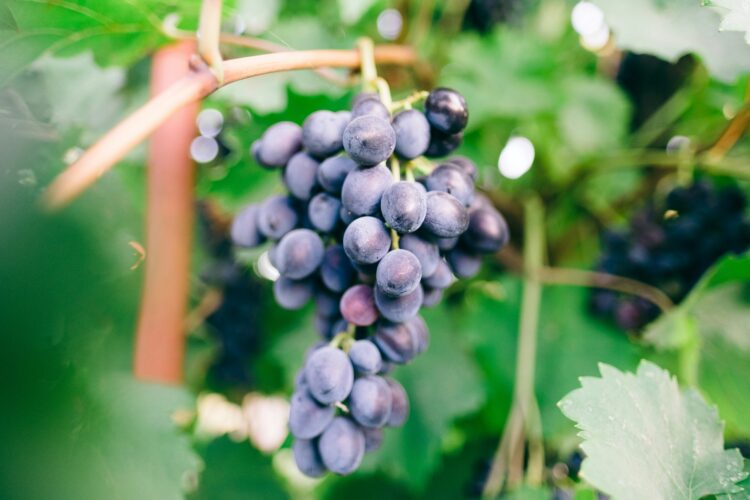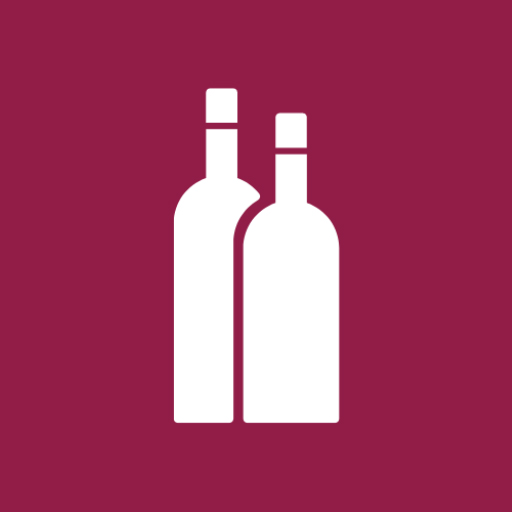Vegan wine is a wine that has not been clarified or treated using any animal-derived products. There are various certifications, and you can search and filter for vegan wines with Wineguide AI Chatbot.
Why isn’t all wine vegan?
When wine ferments, proteins are produced that make it cloudy and hazy. Although this is harmless, it can make the wine unstable. Most consumers also expect their wine to be clear. To remove the cloudiness and sediment, clarification and filtration are performed before bottling.
In some cases, animal-derived proteins and substances are used in the clarification process, such as milk protein, egg whites, isinglass from fish bladders, or chitin from shellfish. These fining agents help proteins from the fermentation process clump together and sink to the bottom of the wine vat, allowing them to be removed. In other words, protein removes protein.
How is vegan wine clarified?
Vegan wines are clarified and stabilized using alternatives like bentonite clay or fine-mesh filters, avoiding animal products entirely.
Other Animal Products in Winemaking
- Gelatin can be used to soften red wine by removing tannins.
- Casein (milk protein) helps lighten the color of white wines by removing pigments.
Fining Agents: Not an Additive
Fining agents are considered processing aids rather than additives, as little to none of the agent remains in the wine once bottled. However, if traces of eggs or milk remain, it must be listed on the packaging due to potential allergic reactions.
Is Vegan Wine Biodynamic?
No, biodynamic and vegan wines are not the same. Biodynamic farming uses preparations involving animal parts like horns, skulls, or bladders, which might be unacceptable from a vegan perspective, even though they do not affect the final wine.
Read more about biodynamic wine.
How to Find Vegan-Friendly Wines at Wineguide
At Wineguide, you can find vegan-friendly products by entering “vegan” in the search bar of the Wineguide AI Chatbot. The resulting list will include drinks free from animal-derived ingredients such as milk, lactose, cream, or fining agents.
The product packaging may display a label from the producer, such as “vegan friendly.” Some products are also certified by organizations specializing in vegan labeling.
Vegan Certifications
There isn’t a single overarching global certification for vegan wines; multiple organizations provide certification. Some have stricter definitions for vegan wines and requirements that producers must meet to use their labels.


